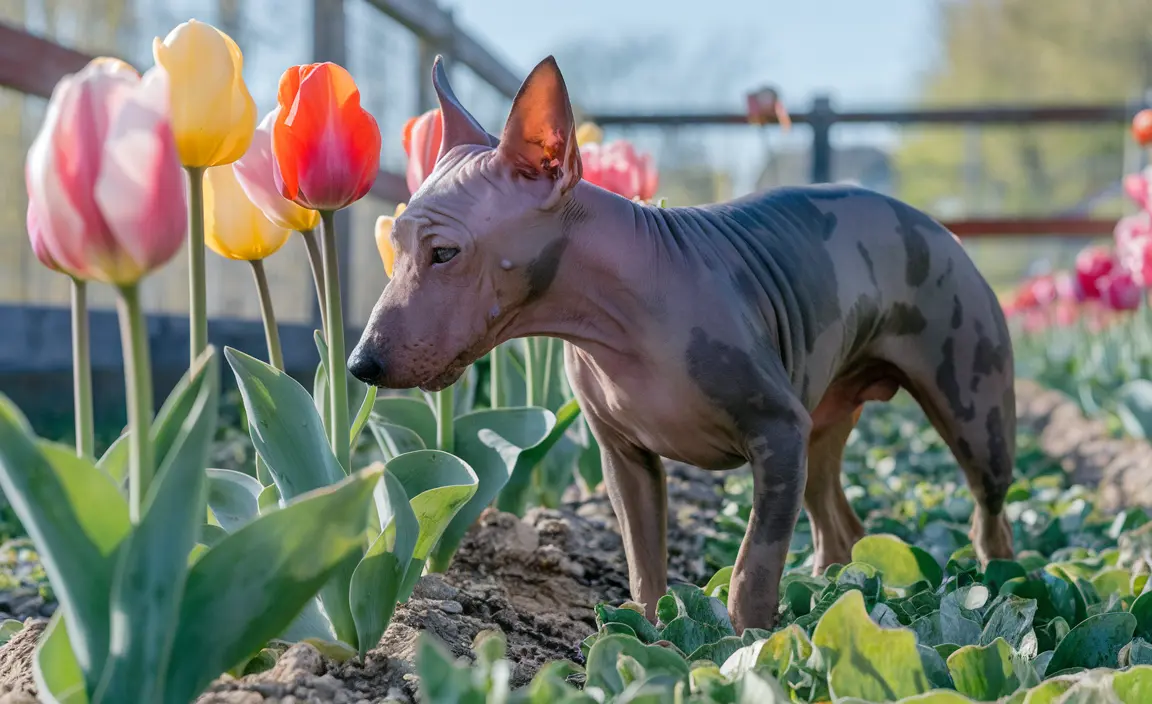Selecting the right breeder for an American Hairless Terrier is a crucial step in bringing home a healthy, well-socialized companion. With their unique characteristics and growing popularity, finding a responsible breeder requires careful research and understanding of breed-specific considerations.
This guide will walk you through the essential steps to identify a trustworthy American Hairless Terrier breeder, ensuring you make an informed decision that protects both your future pet and your investment.
Understanding the American Hairless Terrier Breed
The American Hairless Terrier is a fascinating breed that originated in the United States as a hairless variant of the Rat Terrier. Recognized by the American Kennel Club (AKC) in 2016, these dogs are prized for their hypoallergenic coat, playful disposition, and minimal grooming requirements.
Key Breed Characteristics
- Hypoallergenic coat
- Friendly and inquisitive temperament
- Excellent with children and other pets
- Low maintenance grooming needs
Essential Health Testing and Breeder Credentials
Reputable breeders distinguish themselves through comprehensive health testing and transparent breeding practices. The Orthopedic Foundation for Animals (OFA) provides a critical platform for verifying a breeder's commitment to genetic health.
What to Look for in Health Documentation
- Publicly available OFA health test results
- Genetic screening for breed-specific conditions
- Clear health guarantees and written contracts
- Willingness to discuss lineage and potential genetic risks
Red Flags to Watch for When Selecting a Breeder
Identifying potential warning signs can protect you from unethical breeding practices. Be cautious of breeders who demonstrate the following characteristics:
Warning Signs of an Unreliable Breeder
- Reluctance to provide health documentation
- Inability to answer detailed questions about the breed
- No affiliation with breed-specific organizations
- Lack of transparency about breeding practices
- Unwillingness to allow facility visits
Recommended Steps for Finding a Responsible Breeder
Navigating the breeding landscape requires a strategic approach. Consider these proven strategies to connect with a reputable American Hairless Terrier breeder:
Breeder Verification Strategies
- Contact the American Hairless Terrier Club of America
- Attend dog shows and performance events
- Request references from previous puppy buyers
- Verify breeder credentials and club memberships
- Conduct thorough in-person or virtual facility evaluations
Frequently Asked Questions
How can I verify if an American Hairless Terrier breeder follows responsible health testing practices?
Request documented OFA health test results, genetic screening reports, and ask about specific health tests performed on breeding dogs. Reputable breeders will be transparent and provide comprehensive documentation.
What are the key red flags to watch for when evaluating an American Hairless Terrier breeder?
Key red flags include lack of health testing, unwillingness to answer questions, absence of breed club affiliations, and refusal to provide detailed information about the dogs' lineage and health history.
Are American Hairless Terriers hypoallergenic, and what makes them suitable for allergy sufferers?
Their hairless coat significantly reduces allergen production, making them an excellent choice for individuals with mild to moderate pet allergies. However, individual reactions can vary, so spend time with the breed before making a final decision.
Should I prioritize breeders affiliated with the American Hairless Terrier Club of America?
While club affiliation doesn't guarantee quality, it often indicates a breeder's commitment to breed standards, ethical practices, and ongoing education. It's a positive indicator but should be considered alongside other verification methods.
What questions should I ask a breeder about their American Hairless Terrier's lineage and temperament?
Inquire about genetic health testing, parent temperaments, socialization practices, early puppy development, and any potential genetic predispositions. A responsible breeder will provide comprehensive and honest information.






